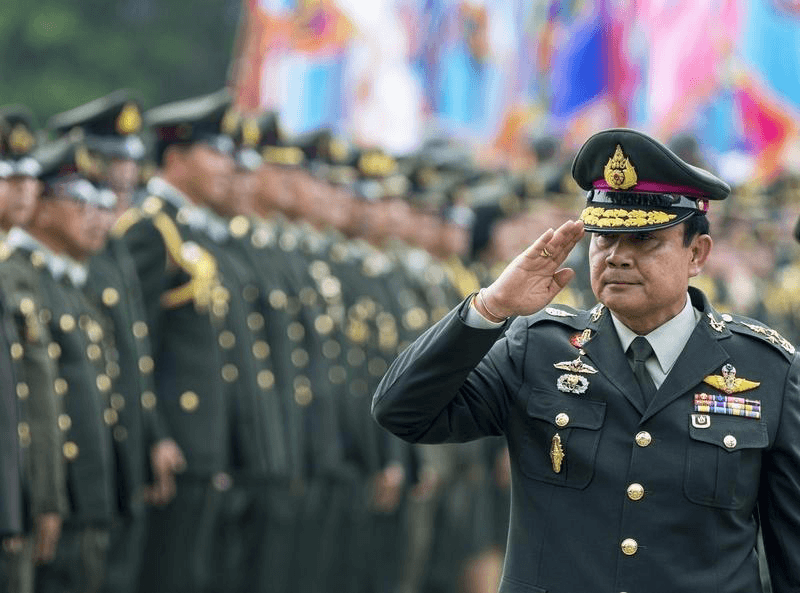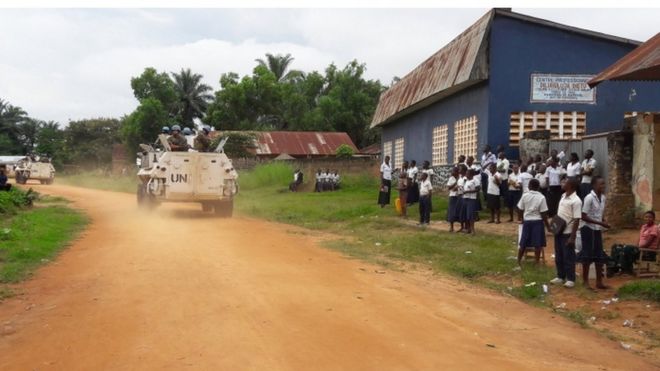By: Nicole Hoerold
Impunity Watch Reporter, Asia
TOKYO, Japan – Ken Kato, director of Human Rights in Asia and a member of International Coalition to Stop Crimes Against Humanity in North Korea, has made allegations that a scientist with ties to North Korea is working for a Japanese University. More specifically, the scientist is working with technology required to achieve miniaturization of nuclear warheads.

Paragraph 17 of UN Resolution 2270, legislation meant to ban specialized nuclear and missile-related teaching or training currently applies only to individuals who identify as DPRK nationals. Under the current regulation, Kato argues, North Koreans living in Japan who sympathize with the North Korean regime are exempt from the ban.
Kato has addressed the UN Security Council on the matter, warning of North Korean “nuclear spies” operating in Japan. Kato singled out an assistant professor at Kyoto University’s Research Reactor Institute. Dr. Pyeon Cheol-ho is “closely linked to the North Korean regime” and received “grants from the Kim Man Yu Science Foundation for research on nuclear testing in 1997 and 1999,” according to experts speaking to Japanese media.
North Korea’s nuclear agenda is not a new threat to international security. Japan recently launched a surveillance satellite meant to keep an eye on North Korea’s nuclear development program. Japan’s Radar 5 was brought into orbit atop the H-IIA rocket from the Tanegashima Space Center on March 17. The new satellite is meant to replace an existing surveillance satellite, nearing the end of its time in commission.
Increasingly, international cooperation is crucial to monitoring the development of North Korea’s nuclear missile program.
For more information, please see:
The Japan Times – Japan launches new spy satellite to keep eye on North Korea – 17 March, 2017
NASA – Japanese H-IIA rocket launches latest IGS spy satellite – 16 March, 2017


